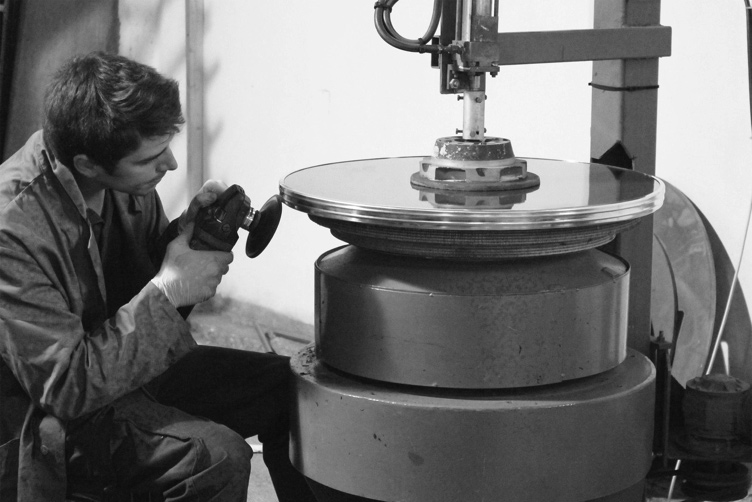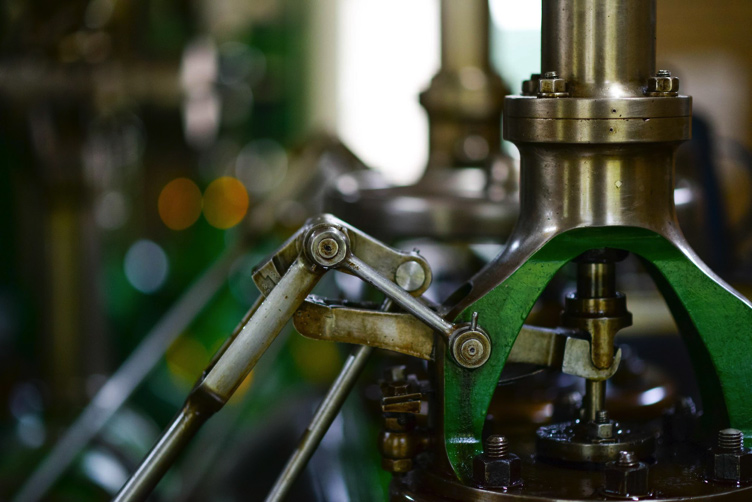
The growth of environmental awareness is changing the way businesses can conduct themselves. Many millennial consumers say that products that have been created in a sustainable or eco-friendly way impact their buying decision and rate higher in purchase likelihood than a less mindful competitor. As the millennial generation is expected to outnumber Baby Boomers within the next few years, this is a critical consideration when assessing manufacturing procedures.
Environmental consciousness can encompass anything from using recycled materials to reducing the carbon output during the manufacturing process. 3D printing is one of many technologies that show great potential for eco-friendly manufacturing, but many businesses aren’t yet ready or able to make the switch.
Modern manufacturing companies are facing the immense struggle that all industries are currently experiencing: the aging workforce. As previously mentioned, the millennial generation will soon outnumber the Baby Boomers, who are reaching retirement age. As they retire, they take with them years of experience, leaving a gap in continuity across the board.
This leaves modern manufacturers with the struggle of finding qualified employees to fill the gaps left behind by their predecessors, as well as the cost implications of hiring and training. Generation X and the early millennials grew up in a society that pushed the idea of a university education, rather than experience in trades, further widening the gap for many manufacturers.

On a positive note, many of the jobs once held by the aging members of the workforce are being replaced by automated procedures and technology. While prototyping still requires innovative minds (read more at this website), many manufacturing procedures are modernized to replace human workers with technology.
This raises a lot of questions and causes ambiguity surrounding processes for modern manufacturers. Should human workers be replaced with expensive technology that can work faster but may be obsolete within a few years? What are the ethics surrounding replacing a human with a computer? What happens when the computers need a human to perform maintenance? For many manufacturers, it seems that by the time they make a decision regarding an automated process, new technology has hit the market, and they must start deliberating all over again.
On the subject of new technology, the exponential rate at which manufacturing processes and machinery are developed create a whole other issue. To stay competitive in the market, a business must be able to keep up with the competition. That often means purchasing a significant piece of capital as part of the manufacturing process. This substantial investment may elevate a business beyond the capacity of the competition but at a high price. By the time the equipment is paid off, the competition may have its eye on an even newer development.
The rate at which society is moving forward also necessitates a whole new subset of employees within an organization to handle innovation and technological advancement. Finding industry experts who can bring forth effective innovations is extremely challenging, especially when those with decades of experience in the industry are facing retirement. The best manufacturing companies find a balance between new industry workers and old, but human capital is limited.
With so much being available on the internet, and so many modern processes being tied into computers, protecting one’s intellectual property becomes a monumental task. Protecting your designs and techniques is one side of the equation while preventing hackers from being able to thwart your processes, making production unsafe or unable to proceed is another.
More manufacturing companies are taking steps to enhance security and prevent information leaks from both inside and outside the company. Employees are required to sign documentation agreeing not to share any information or log into any internet sites that could result in a breach. Money is invested in information technology agencies or departments to protect online assets.

Advances in technology make it easier to procure products manufactured in other parts of the world where labor and parts are cheaper. For domestic companies, this level of global access can be devastating, resulting in bankruptcy, bailouts, and job loss. The global market also requires manufacturing companies to think beyond their borders, adhering to standards in the various locations to which their products will ship.
In summation, the main challenge modern manufacturing companies face is staying abreast of changes and expectations in the technological and cultural world. The ability to think ahead of the curve is a skill that is essential for continued success and the longevity of the business.
 Ashley Lipman
Ashley Lipman
Content marketing specialist
Ashley is an award-winning writer who discovered her passion in providing creative solutions for building brands online. Since her first high school award in Creative Writing, she continues to deliver awesome content through various niches.
Scott Ellyson, CEO of East West Manufacturing, brings decades of global manufacturing and supply chain leadership to the conversation. In this episode, he shares practical insights on scaling operations, navigating complexity, and building resilient manufacturing networks in an increasingly connected world.